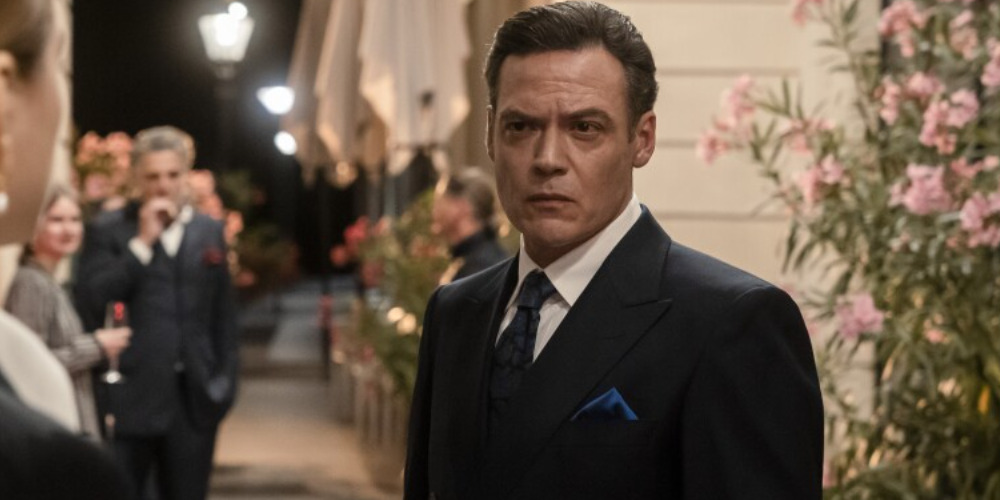‘Maxton Hall: The World Between Us’ is a German romance-drama show where the central pairing must overcome the complications of their class divide in order to give their relationship a chance. With dreams of attending Oxford University, Ruby Bell attends the prestigious Maxton Hall Private School on a scholarship. Meanwhile, her classmate, James Beaufort, the school’s unofficial kingpin, earns his social status through his family’s lucrative name. As such, the two are bound to earn each other’s ire as their paths cross after Ruby accidentally becomes privy to a well-kept secret.
As the relationship between Ruby and James unravels, the contention of the latter’s father, Mortimer Beaufort, remains one of the instrumental hurdles in the duo’s way. Therefore, much of James’ character becomes informed by Mortimer’s influence and his expectations regarding the family business. For the same reasons, fans may find themselves wondering whether or not there is any real-life relevance to Mortimer Beaufort and his eponymous fashion brand.
The Fictionality of the Beaufort Family and Business
‘Maxton Hall: The World Between Us’ holds fictional origins in the equally fictitious German YA romance novel ‘Save Me’ by Mona Kasten. Consequently, the elements within the story remain a work of the author’s fabrication, with the TV adaptation bringing a few changes under head writer Daphne Ferraro and his team’s creative control. Thus, the Beaufort name— in terms of both characters as well as the high fashion brand— remains confined to the realm of fictionality.

In the show, the Beaufort business is a luxury brand that specializes in fashion and is recognized for its sustainability practices. The brand emerged from James’ grandfather, who owned a small tailoring shop. With time, James’ parents expanded the brand, taking it to newer heights and cultivating an influential following. Therefore, given the generational aspect of the fashion company, James is expected to lead the brand into the next generation.
Yet, while James’ sister, Lydia, may share in her parent’s entrepreneurial spirit, the teenage boy doesn’t feel the same. Nevertheless, Mortimer Beaufort, the family’s patriarch, condemns James to carry the family legacy. As a result, throughout the story, the Beaufort fashion brand remains an affirmation of James’ trapped disposition within his family. Likewise, his father, Mortimer Beaufort, becomes the enforcer of the familiar expectations pinned upon his kids. For the same reason, he opposes his son’s relationship with Ruby, who comes from a middle-class family. Likewise, the man also mistreats and punishes his daughter for her unconventional love life.
In that regard, the Beaufort brand and its owner possess incredible narrative significance by infusing James and Ruby’s romance with notable complications. Furthermore, both elements enhance the former’s character and storyline. Nevertheless, while Mortimer Beaufort and his company hold relevance within the show’s plot, the same cannot be said for their connections to reality.
In real life, no identical luxury brands or influential families exist. Instead, any realistic resonance that the Beaufort family and legacy retain emerges from genre conventions surrounding the elite high society’s on-screen depiction. By centering Mortimer’s narrative around his disdain for his son and his relationship, the show equips a known cliche within the class-divide romance genre. Ultimately, while Mortimer and his Beaufort brand may seem familiar, they’re works of fiction with roots in Kasten’s literary work.
Read More: Good Teen Movies on Netflix


You must be logged in to post a comment.